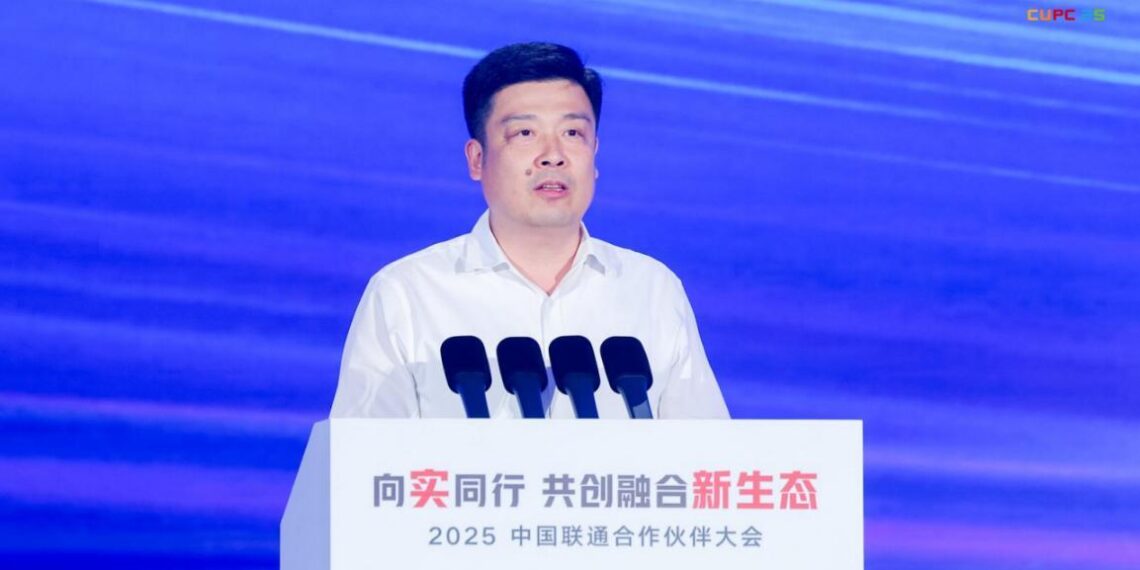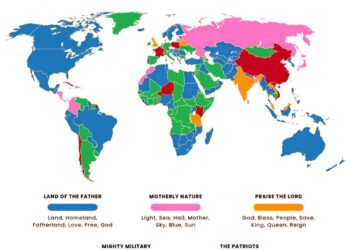Select Language:
On July 18, 2025, the China Unicom Partner Conference’s Industrial Intelligence Forum concluded at the Shanghai Expo Center. The forum, themed “Connecting Everything Digitally to Unlock the Future,” brought together key players in the manufacturing sector focused on transformation and showcased the strategic positioning of telecom operators in the industrial digitalization process.
During his opening remarks, Ha Liqian, Vice General Manager of China Unicom, unveiled the company’s recent advancements in the industrial sector. He announced that China Unicom has established over 7,500 5G factories to date, highlighting the extensive penetration of 5G technology in manufacturing. Additionally, the company’s industrial internet platform has seen device connections exceed 12.5 million, indicating rapid deployment in the industrial Internet of Things (IoT).
The forum also featured the launch of four core products that garnered significant industry attention. One standout item, the “5G Industrial Intelligent Integrated Network Machine,” integrates edge computing and intelligent processing to facilitate the collaboration of communication, perception, computation, and control, laying a technological foundation for wireless connectivity among industrial devices. This innovation is expected to accelerate the transition of traditional wired industrial networks to wireless systems.
Addressing the unique requirements of the automotive manufacturing industry, the “Industrial Internet Platform for Automotive” was introduced. This platform features a dedicated model library and protocol gateway, employing software-defined methods to unify access across various industrial protocols—illustrating a trend towards deep customization of industrial internet platforms for vertical markets.
In the realm of artificial intelligence, China Unicom launched the “Industrial Sector Large Model and Intelligent Co-Creation” solution. This offering leverages industrial data assets accumulated through its Unilink platform to provide precise data support for intelligent agents. Additionally, the launch of the “Embodied Intelligent Robot Platform” marks a new exploration for the company in the field of industrial site intelligence.
Notably, the forum also witnessed the establishment of the “Embodied Intelligent Robot Alliance,” which comprises nearly 40 partners from industry, academia, and research, including industrial companies, robot manufacturers, and application developers. This alliance emphasizes the industry’s commitment to multi-robot collaborative work environments and signals a shift from isolated applications to systematic deployments in industrial intelligence.
Fudan University Vice President Jiang Yugang delivered a keynote speech outlining trends in the digital transformation of China’s manufacturing sector, while China Unicom’s Chief Data Scientist Fan Jiaan discussed pathways for new industrialization enabled by data intelligence from a telecom perspective. Representatives from leading manufacturing firms, including Changan Automobile and China Shipbuilding Power, shared practical experiences regarding the establishment of smart factories.
From a technological development perspective, China Unicom is constructing a comprehensive industrial digital service system that spans network connectivity, data aggregation, and intelligent applications. Its strategic focuses on “New Foundations for Intelligent Computing Integration,” “New Driving Forces for Industrial Intelligence,” and “New Heights in Embodied Intelligence” reflect a shift in the role of telecom operators in the Industry 4.0 era—from simple infrastructure providers to comprehensive solution service providers.
As the digital transformation of manufacturing advances, the competitive landscape of industrial internet platforms is shifting from scale of connectivity to uncovering data value and enhancing the effectiveness of intelligent applications. The products unveiled by China Unicom illustrate its strategic plans for building full-stack capabilities in industrial AI; however, the ultimate market performance will depend on real-world industry applications.







